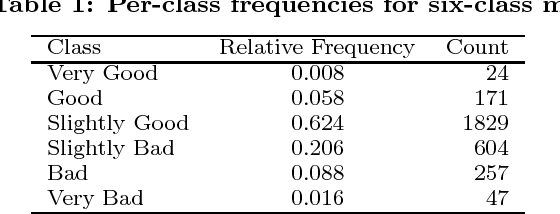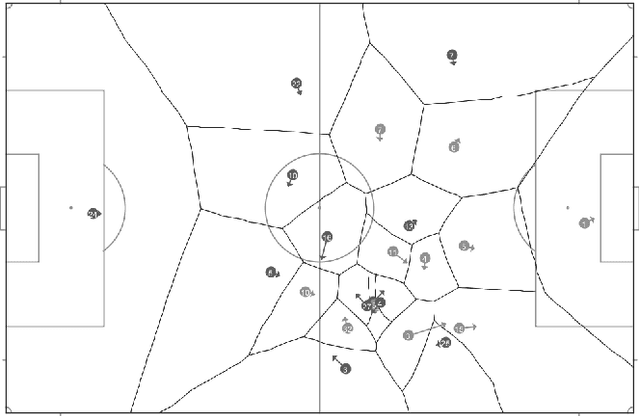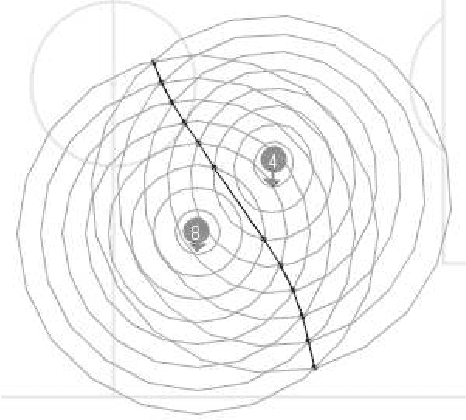Classification of Passes in Football Matches using Spatiotemporal Data
Paper and Code
Jul 18, 2014



A knowledgeable observer of a game of football (soccer) can make a subjective evaluation of the quality of passes made between players during the game. We investigate the problem of producing an automated system to make the same evaluation of passes. We present a model that constructs numerical predictor variables from spatiotemporal match data using feature functions based on methods from computational geometry, and then learns a classification function from labelled examples of the predictor variables. Furthermore, the learned classifiers are analysed to determine if there is a relationship between the complexity of the algorithm that computed the predictor variable and the importance of the variable to the classifier. Experimental results show that we are able to produce a classifier with 85.8% accuracy on classifying passes as Good, OK or Bad, and that the predictor variables computed using complex methods from computational geometry are of moderate importance to the learned classifiers. Finally, we show that the inter-rater agreement on pass classification between the machine classifier and a human observer is of similar magnitude to the agreement between two observers.
 Add to Chrome
Add to Chrome Add to Firefox
Add to Firefox Add to Edge
Add to Edge